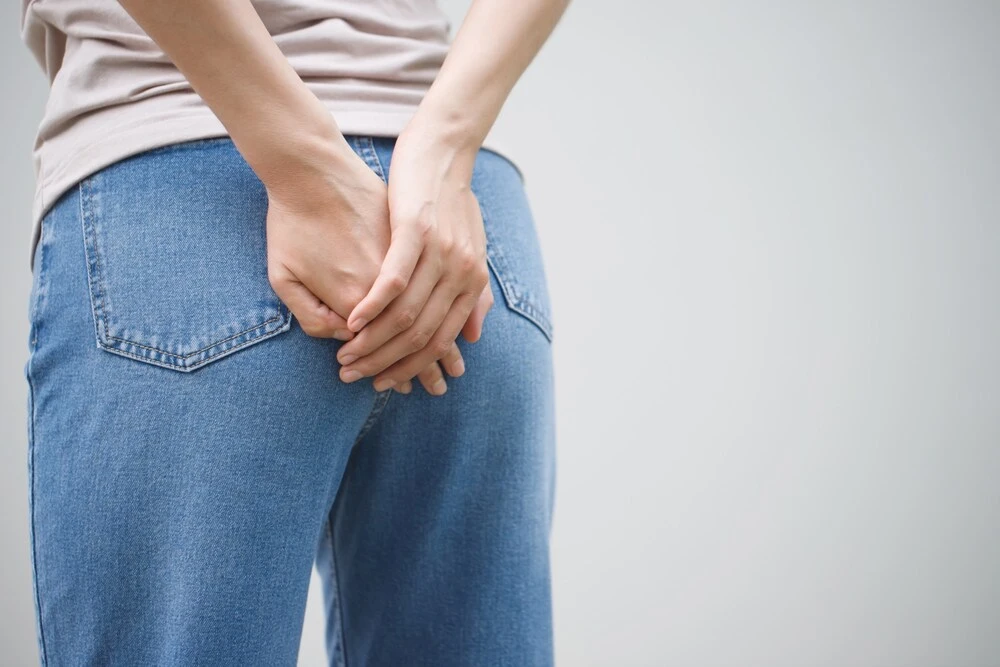Hemorrhoids are a common issue that many people encounter at some point in their lives. These are enlarged veins in the rectum and anus that may hurt, itch, or bleed. Although they are typically not dangerous, hemorrhoids can be distressing and uncomfortable. What is the duration of hemorrhoids? is among the most often posed queries.
The kind, severity, and management of hemorrhoids all affect how long they last. We’ll look at what to anticipate and ways to hasten the healing process in this post.
Types of Hemorrhoids
Before discussing how long hemorrhoids last, it’s important to understand the different types:
- Internal Hemorrhoids: These are usually invisible and found inside the rectum. They may result in bleeding during painless bowel movements.
- External Hemorrhoids: These can result in discomfort, edema, and bleeding and show up beneath the skin surrounding the anus.
- Thrombosed Hemorrhoids: These happen when an external hemorrhoid develops a blood clot, which causes excruciating pain and swelling.
How Long Do Hemorrhoids Last?
The duration of hemorrhoids can vary widely:
- Mild Hemorrhoids: The symptoms may disappear in a few days if mild instances are managed at home with water, more fiber, and sitz baths.
- Moderate to Severe Hemorrhoids: More painful or inflammatory hemorrhoids might last for a week or longer. They may require prescription medications or over-the-counter treatments.
- Thrombosed Hemorrhoids: Recuperation from these can take up to two weeks and can be extremely painful. In some cases, medical intervention, such as draining the clot, may be needed to relieve pain and speed up recovery.
Factors That Influence Healing Time
Several factors affect how long hemorrhoids last:
- Severity: Smaller, less inflamed hemorrhoids tend to heal more quickly than large or thrombosed ones.
- Diet and Hydration: Inadequate water intake or a low-fiber diet might exacerbate symptoms by making bowel motions more challenging.
- Lifestyle Habits: Prolonged sitting, straining during bowel movements, or heavy lifting can worsen hemorrhoids and delay healing.
- Treatment: Using home remedies like warm baths, cold compresses, and over-the-counter creams can help shorten recovery time. Medical procedures may be required in more severe situations.
When to Seek Medical Attention
Most hemorrhoids disappear with time and self-care, however you should consult a physician if:
- Symptoms persist for more than a week
- You experience significant pain or swelling
- You notice heavy or persistent bleeding
- Hemorrhoids recur frequently
In certain cases, medical treatments such rubber band ligation, sclerotherapy, or surgery may be necessary to fully resolve the issue.
Conclusion
Hemorrhoids might persist for a few days to several weeks, depending on the severity of the condition and the treatment plan. Home treatments are frequently sufficient to provide relief for minor instances. However, it’s crucial to see a doctor for appropriate treatment if hemorrhoids are causing ongoing discomfort or symptoms.
At Digestive Disease Consultants of Orange County, we offer a variety of treatments to help you manage hemorrhoid symptoms and improve your quality of life. To find out more, contact our team right now.

